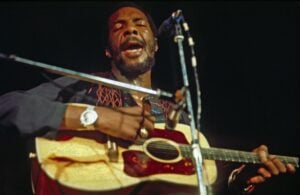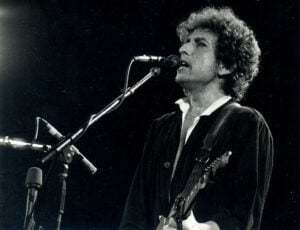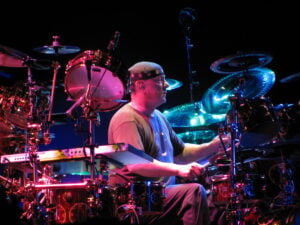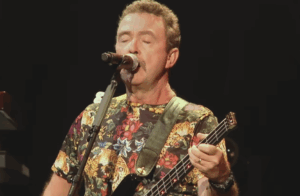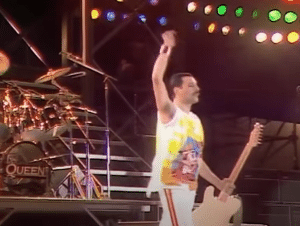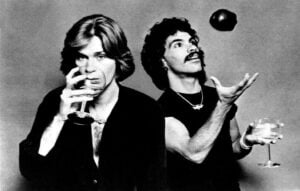5 Wildest Stories From Jim Morrison’s Career
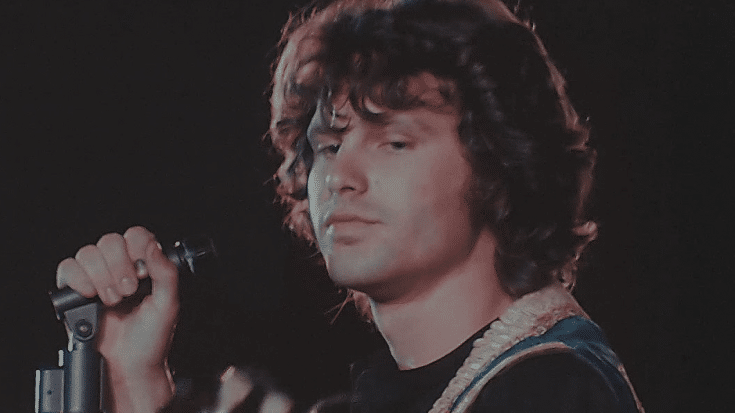
via Jim Morrison / YouTube
Jim Morrison, the enigmatic frontman of The Doors who died in 1971 in Paris, left behind a legacy steeped in myth and legend, often amplified by the influence of cinema. Known for his poetic lyrics, charismatic presence, and wild lifestyle, Morrison became a symbol of rock’s rebellious spirit.
Jim Morrison: From Rock Icon to Legal Trouble
The Doors, formed in Los Angeles in 1965, quickly became notorious for their unpredictable performances, largely due to Morrison’s erratic behavior. One of the most infamous incidents occurred on March 1, 1969, at the Dinner Key Auditorium in Miami. That night, Morrison, allegedly under the influence of alcohol and possibly drugs, exposed himself on stage. He was arrested and charged with lewd conduct, a serious offense in Florida. Reflecting on the event, Morrison admitted, “I don’t know what happened that night; it was all a blur.”
Unpredictable Persona
Morrison’s unpredictable nature often left those around him on edge. Guitarist Robby Krieger recalled, “Jim was very nervous about the trial. The shows in Boston were a good opportunity for him to escape from all the chaos. But you never knew which Jim you’d meet.” During a performance in Boston, Morrison’s darker, wilder persona emerged. As Mazurek put it, “That strange, dark, devilish creature occasionally took control of Jim Morrison and came out of the bottle.” The uncertainty surrounding Morrison’s behavior added an element of danger and excitement to their shows, though it also hinted at an impending end.
A Wild Performance in Boston
On the night of the Boston performance, Morrison had been “drinking all day,” according to Doors Guide. Despite his inebriation, the early show at 7:00 p.m. was relatively tame. He engaged playfully with the audience, making it a relaxed and enjoyable set. However, the second set, which started after midnight, was chaotic. As keyboardist Ray Manzarek described it, “It was the wildest Doors in their purest form.” The band stretched “Light My Fire” to nearly 20 minutes, and during “When the Music’s Over,” Morrison screamed, “Just call me Jimbo,” signaling the emergence of his tormented alter ego.
Morrison continued his antics by mocking an excited fan, telling them to “shut your mouth,” and bizarrely proclaiming, “Adolf Hitler is alive. I slept with her last night.” These erratic behaviors were part of Morrison’s complex persona, which captivated and bewildered audiences.
The Theatricality of The Doors
The Doors’ live performances were legendary, largely due to Morrison’s magnetic presence. He often performed in tight black leather pants, dancing in a trance-like state or reciting poetry, sometimes even diving into the crowd. His stage persona was that of a shaman, a figure of both allure and danger. However, his behavior could also be erratic and aggressive, especially when under the influence of drugs and alcohol.
At a 1969 concert in Miami, Morrison’s antics reached a new level. He berated the audience, calling them “a bunch of idiots” and “a bunch of slaves.” At one point, he provocatively asked if they wanted to see his penis, unbuckling his belt just enough to reveal his underwear. The situation quickly escalated into chaos, involving Morrison, the police, and the audience.
Concerts and Controversies
The Doors were known for their intense and often controversial concerts. Fans expected riots and a spectacle, and Morrison delivered, though sometimes at a high cost. The band’s performances became less about the music and more about Morrison’s unpredictable and often dangerous behavior. As their popularity grew, so did Morrison’s disdain for the expectations placed upon him. The Doors had evolved into a cultural phenomenon, more than just a band; they became a spectacle of rebellion and sexuality.
By 1969, The Doors was one of the most significant rock bands in North America, performing only in large venues with capacities of over 10,000 and demanding $35,000 per night. Morrison’s disillusionment with the band’s trajectory and his role as a rock idol contributed to his increasing erraticism, making him a complex and tragic figure in rock history.






